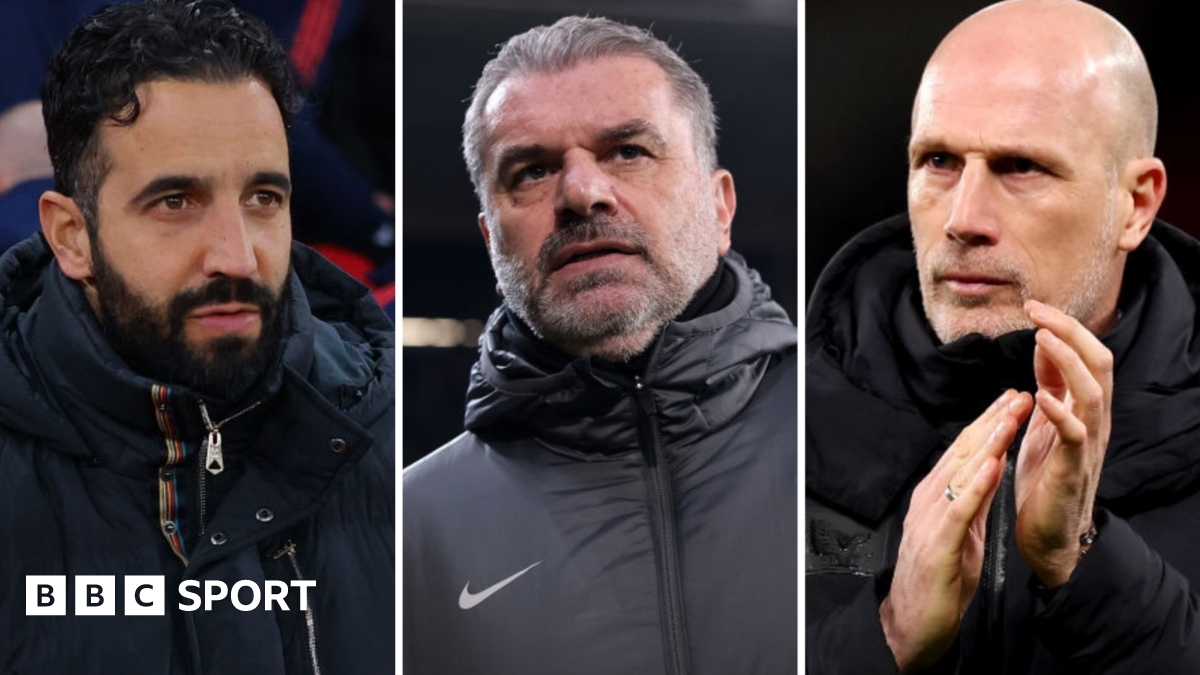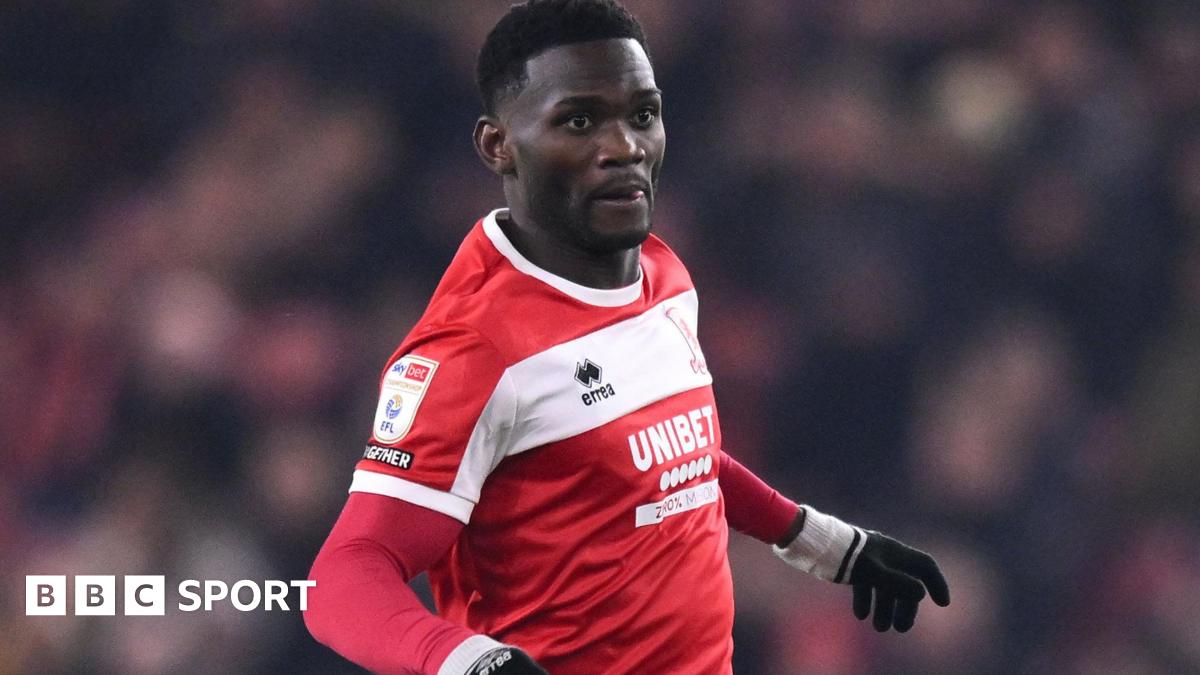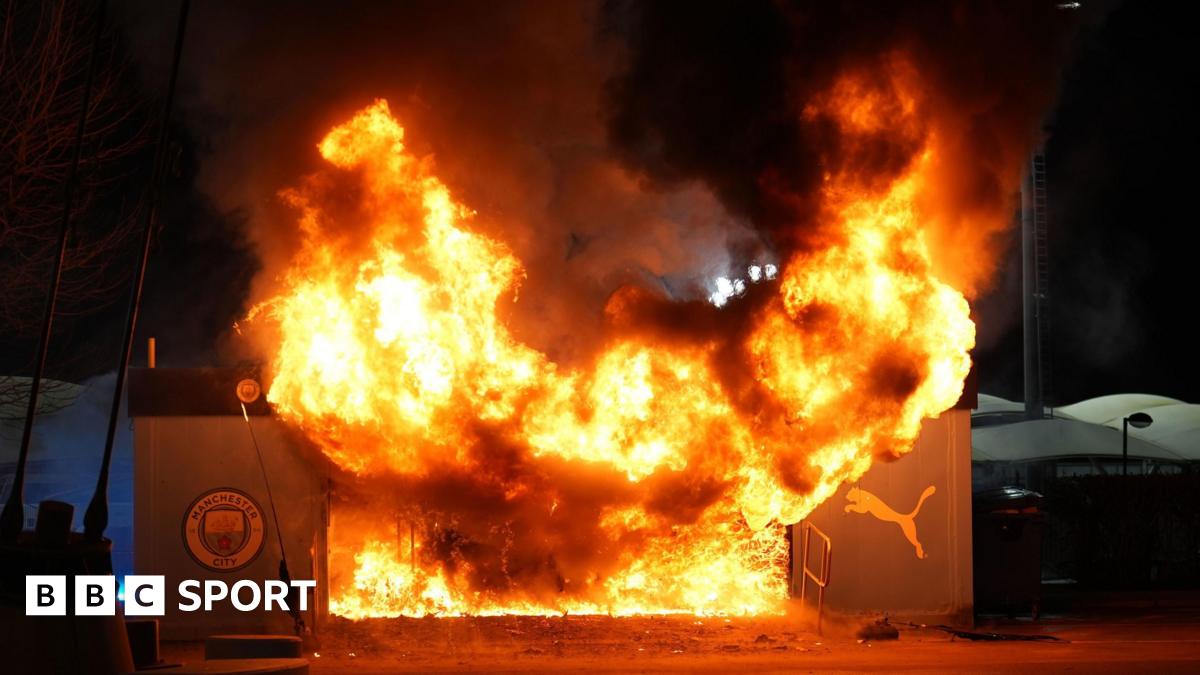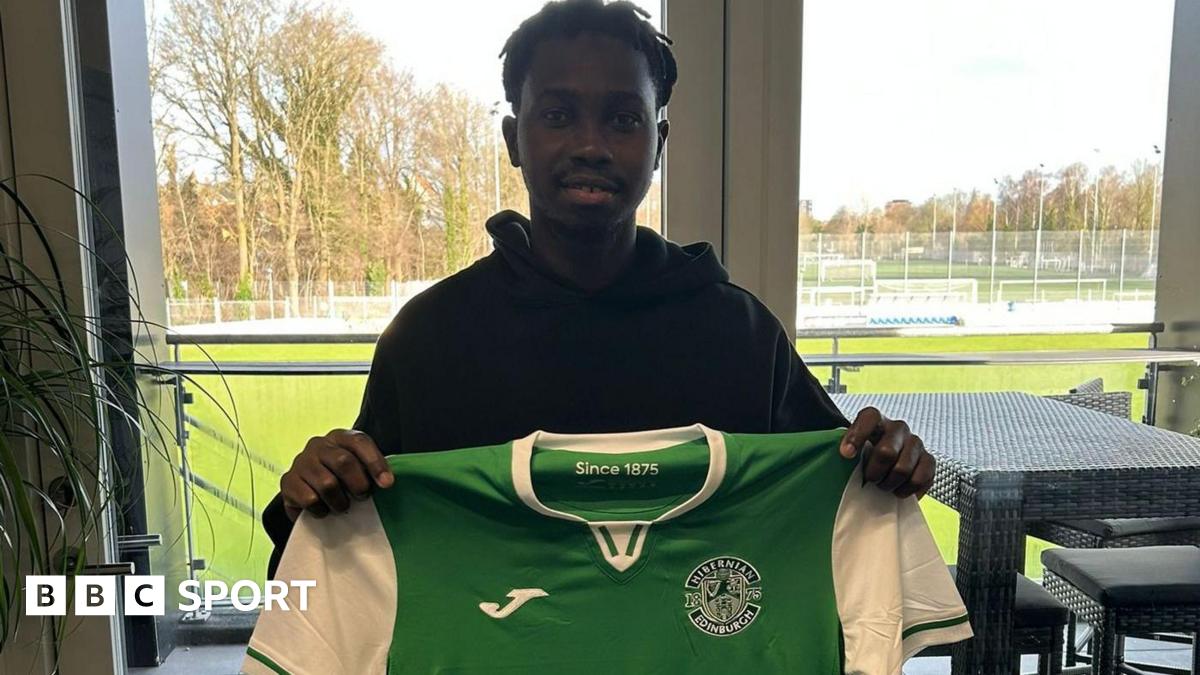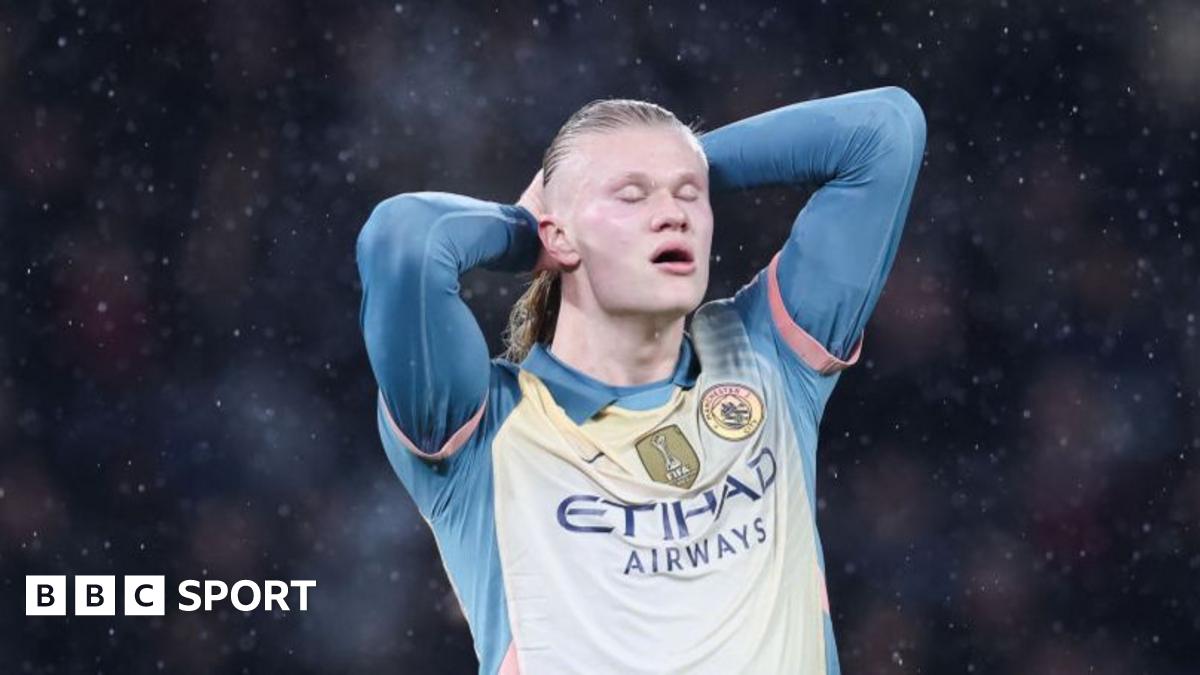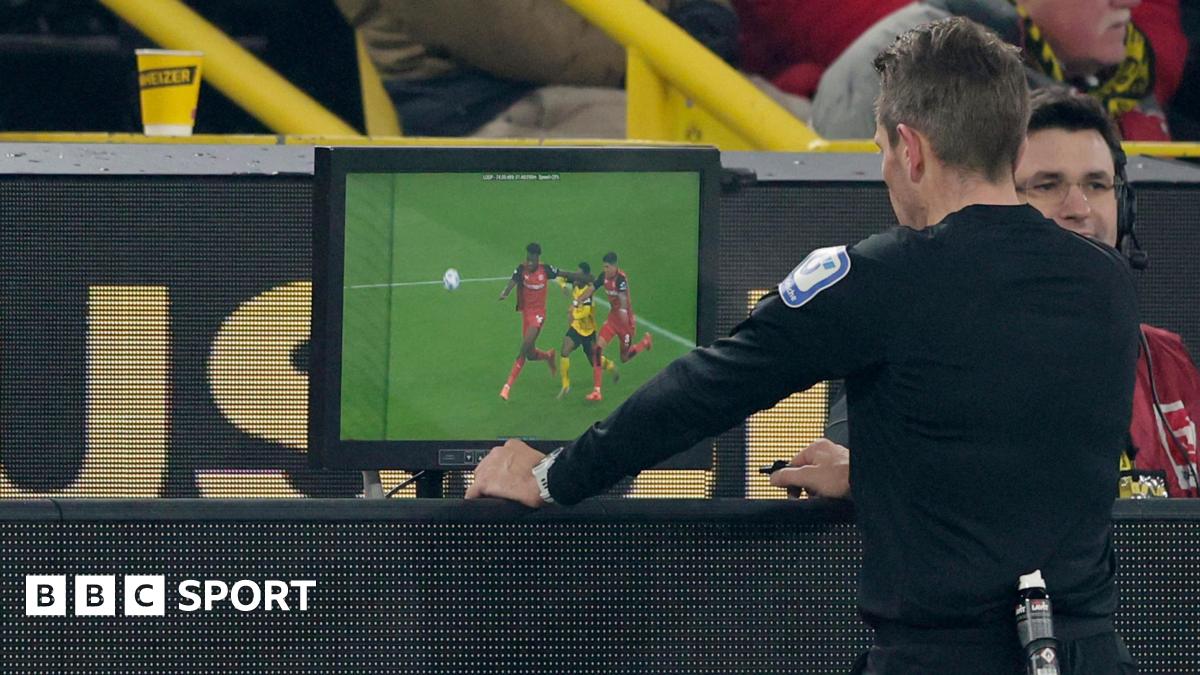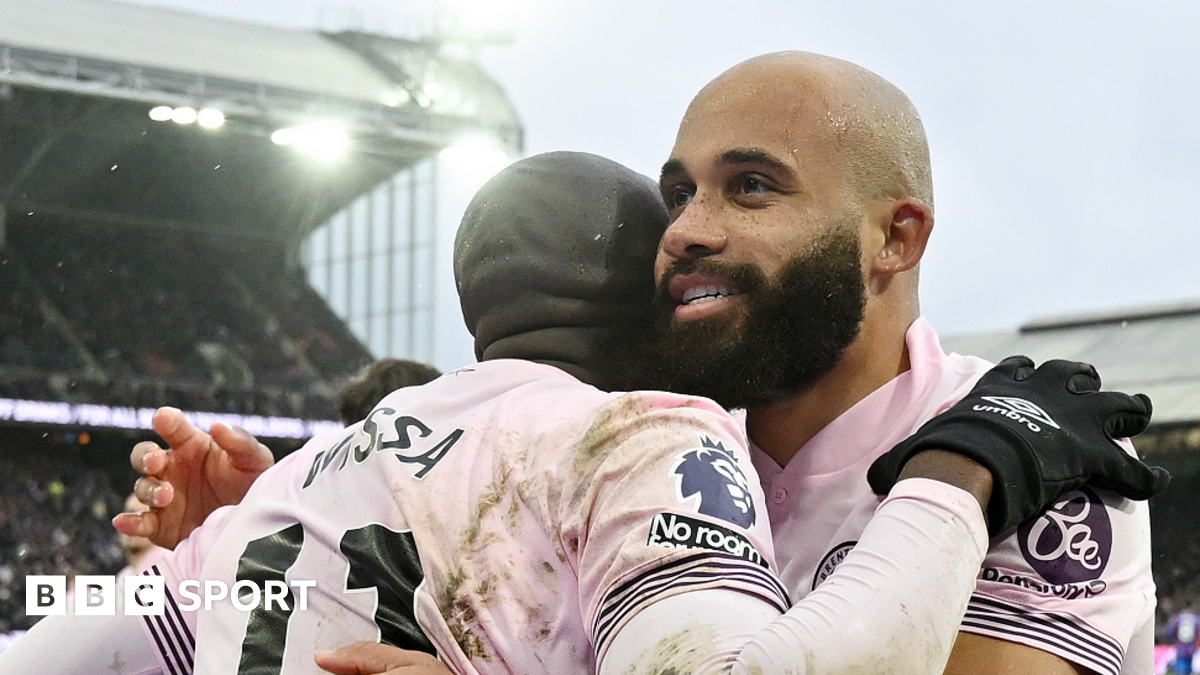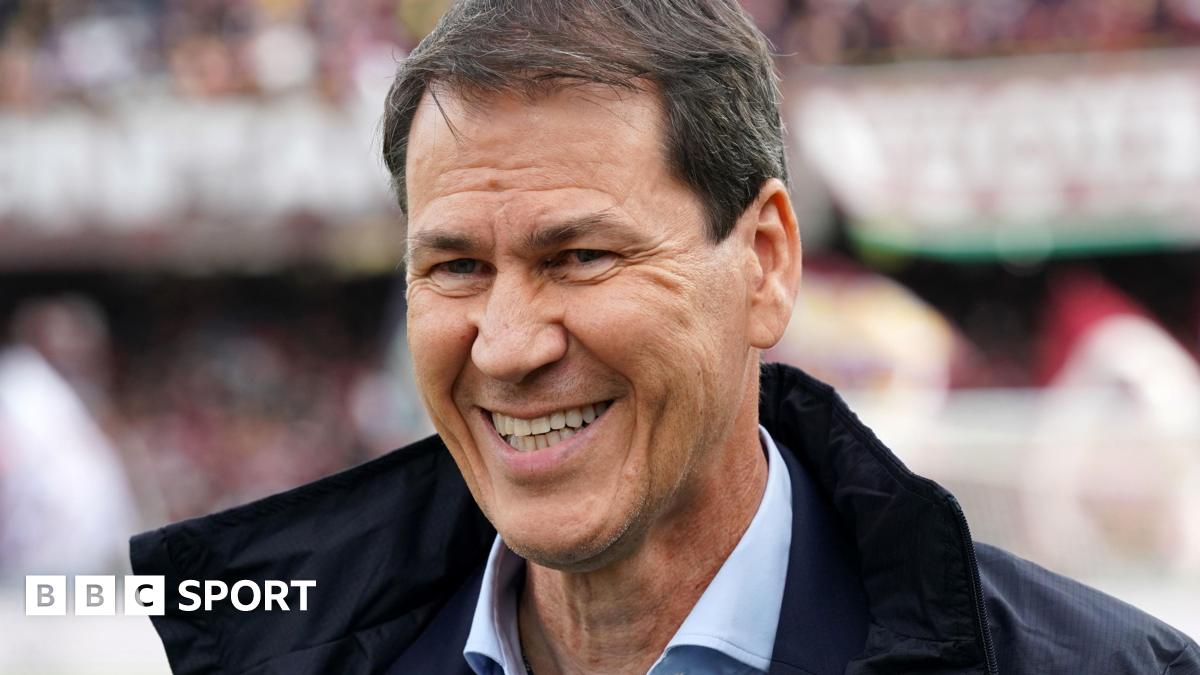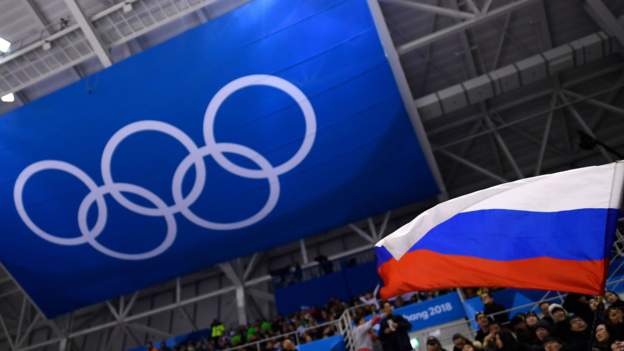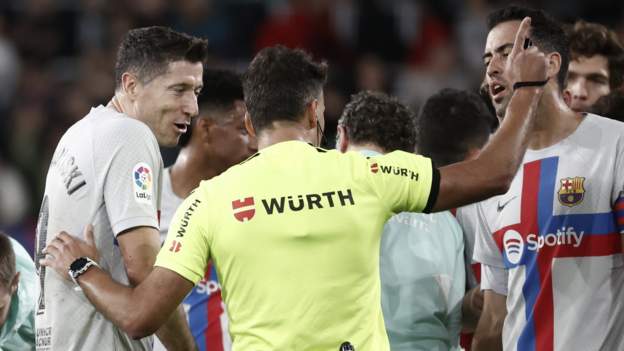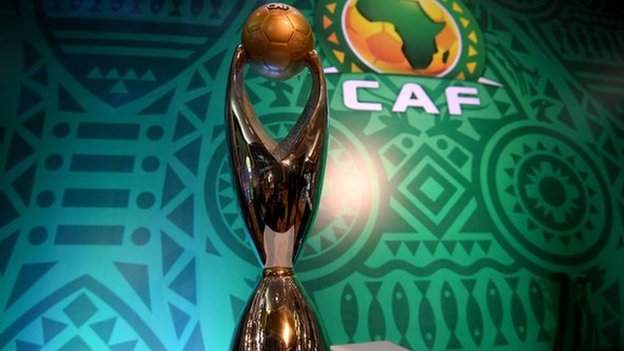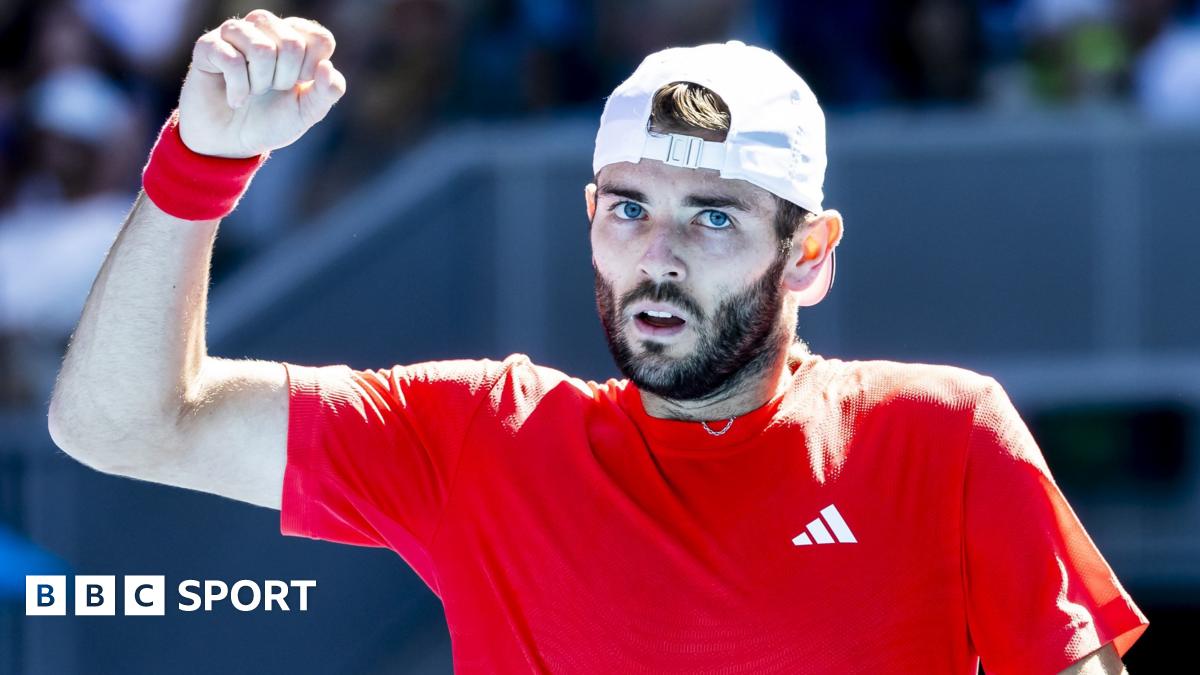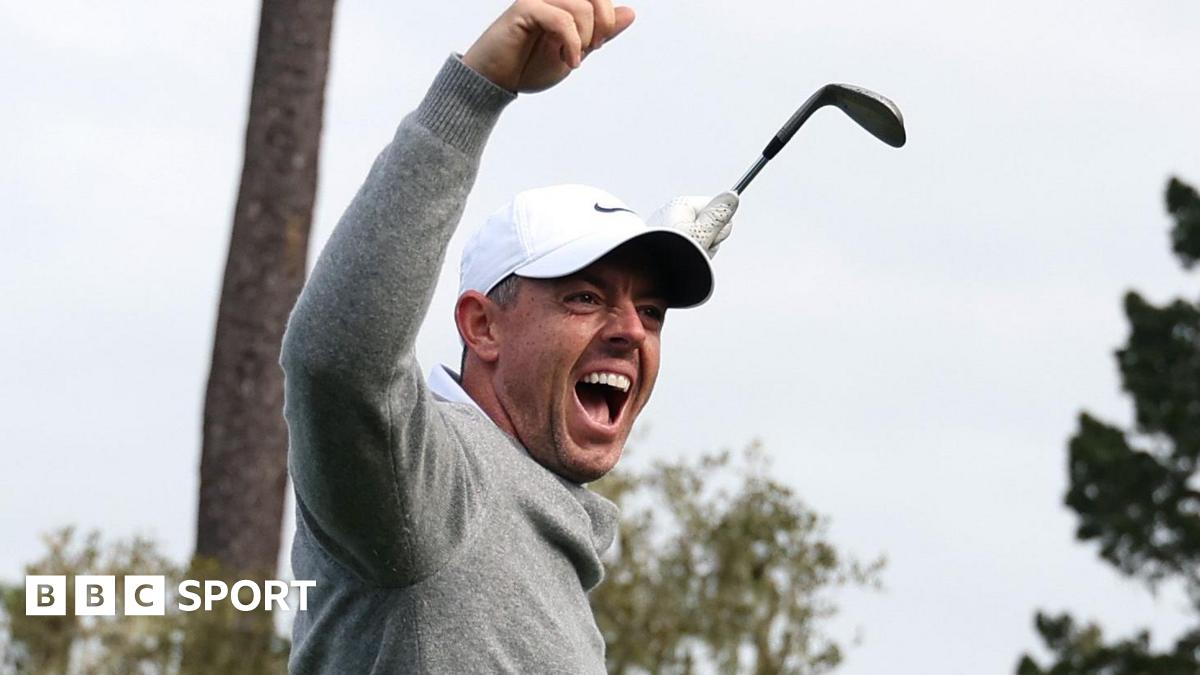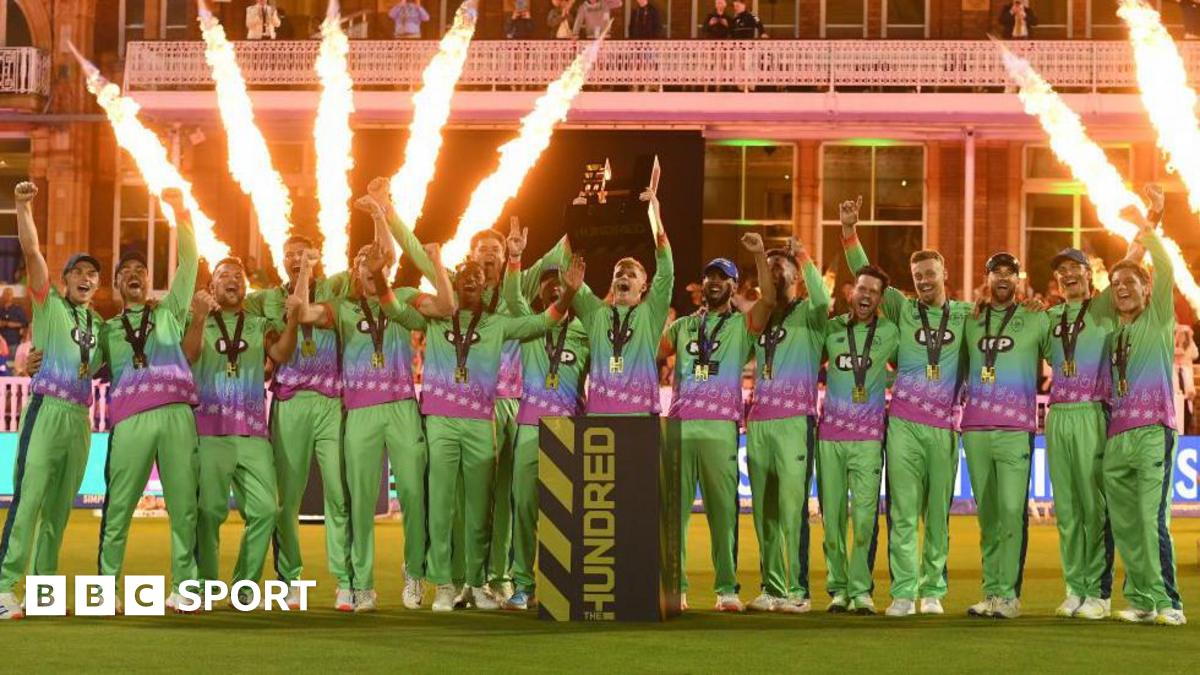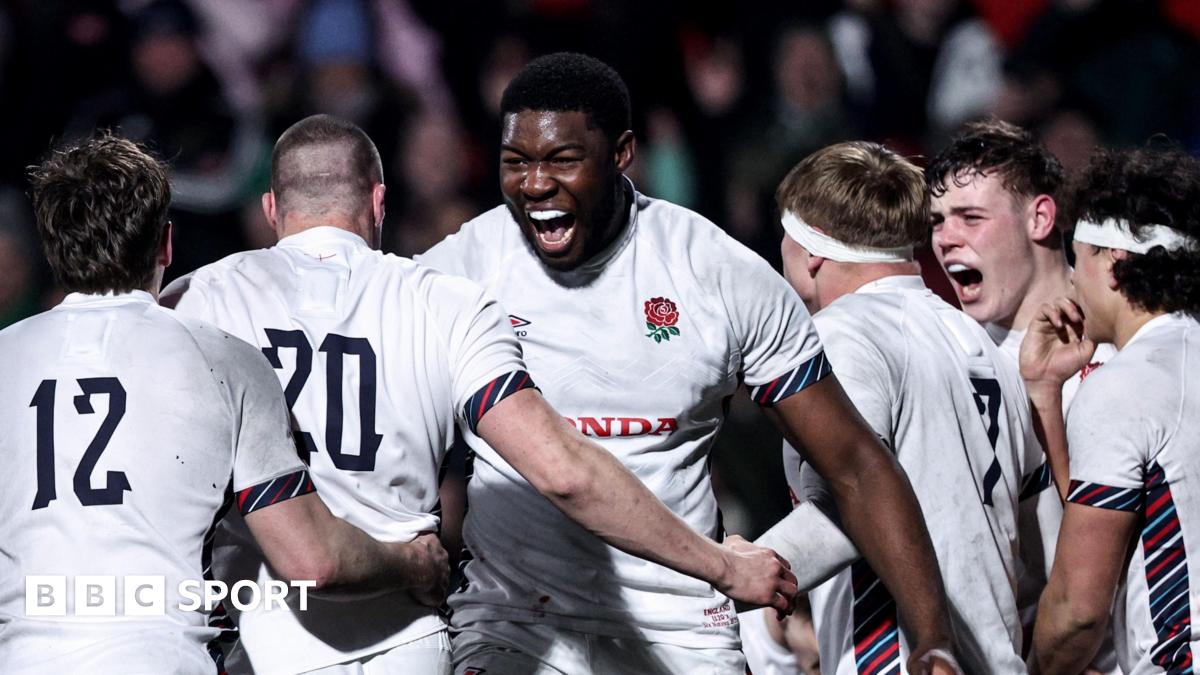The International Olympic Committee’s executive board has suspended the Russian Olympic Committee “with immediate effect until further notice”.
The move comes after the ROC recognised regional organisations from four Ukrainian territories illegally annexed by Russia since its full-scale invasion began in 2022.
The IOC said last Thursday’s recognition was “a breach of the Olympic Charter because it violates the territorial integrity of the National Olympic Committee of Ukraine”.
The suspension means the ROC “is no longer entitled to operate as a National Olympic Committee” and “cannot receive any funding from the Olympic movement”.
Olympic Councils from the regions of Luhansk, Donetsk, Kherson and Zaporizhzhia had been recognised by the ROC.
The IOC added it would decide whether Russian athletes could compete as neutrals at Paris 2024 “at the appropriate time”.
In response, the ROC called the suspension “another counterproductive decision with obvious political motivations”.
The IOC did not initially sanction the ROC following the invasion, but Russia has been banned from competing as a nation in athletics since November 2015 after state-sponsored doping was uncovered.
Russia’s doping suspension was lifted in March but the World Athletics Council ruled the nation would remain banned “for the foreseeable future” because of the war in Ukraine.
The IOC has been under consistent pressure to ban Russian and Belarusian athletes from competing even under a neutral flag since the invasion began.
But in March it told sporting federations they should allow athletes from those countries to compete as neutrals.
Ukraine has threatened to boycott next year’s Games in Paris if a full ban on Russian and Belarusian athletes is not upheld.
“This is an important decision,” said Andriy Yermak, head of Ukraine’s presidential office, who added that “sports cannot be out of politics” and accused Russia of using “athletes as propaganda”.
Currently, IOC sanctions mean no international sporting events can be organised in the territory of either Russia or its ally Belarus, while the flags, national anthems or any other national symbol of both countries must not be used.
Earlier this week European football’s governing body Uefa abandoned plans to reinstate Russian Under-17 teams into next year’s youth European Championships following backlash from a variety of national football associations.
In March the All England Club allowed Russian and Belarusian tennis players to compete at Wimbledon, lifting a ban it imposed a year earlier.

